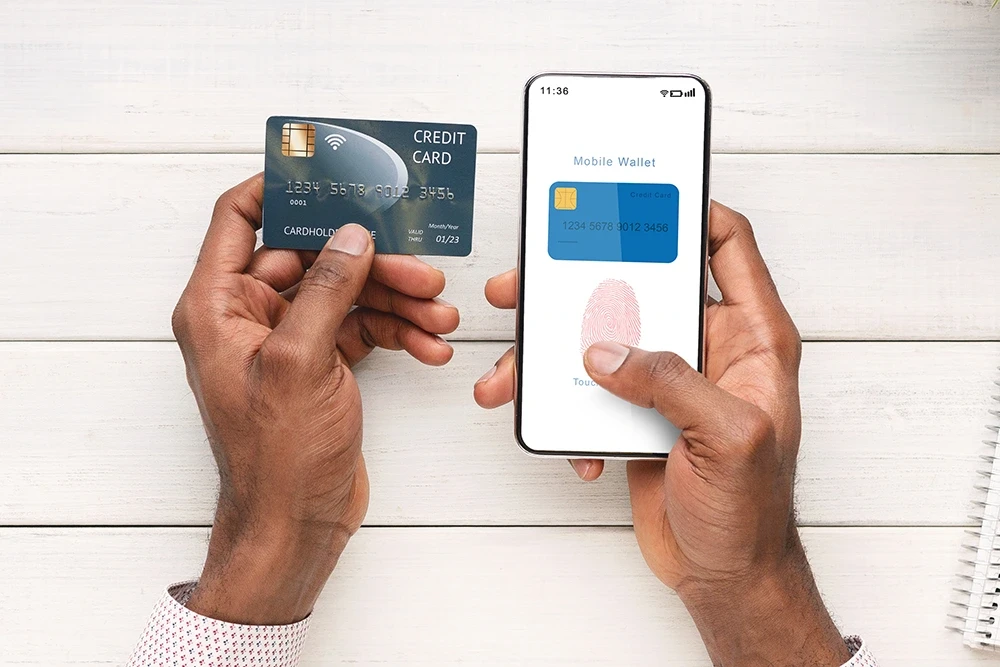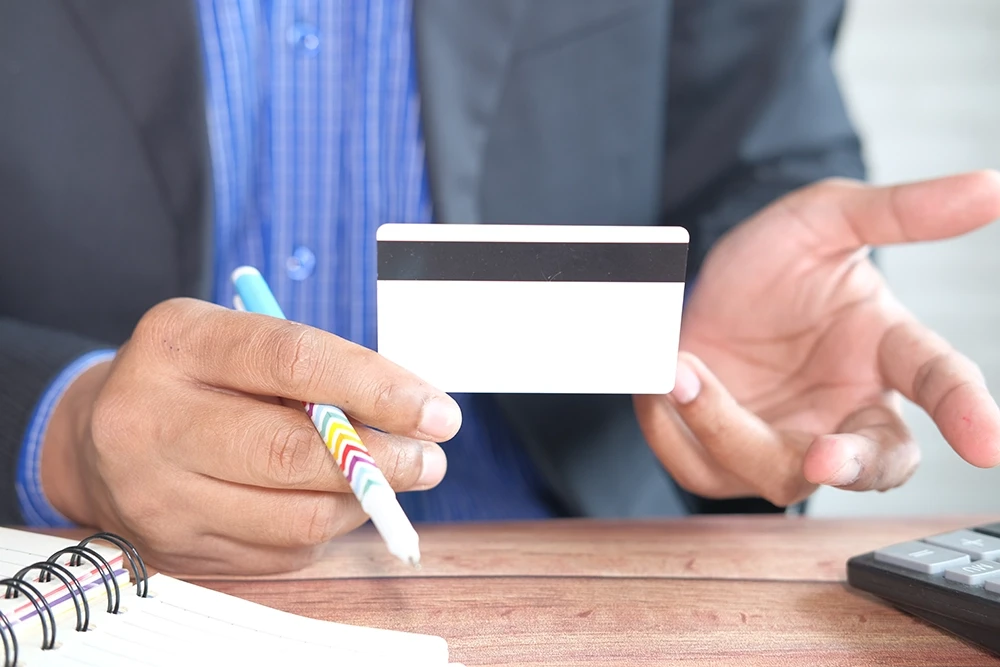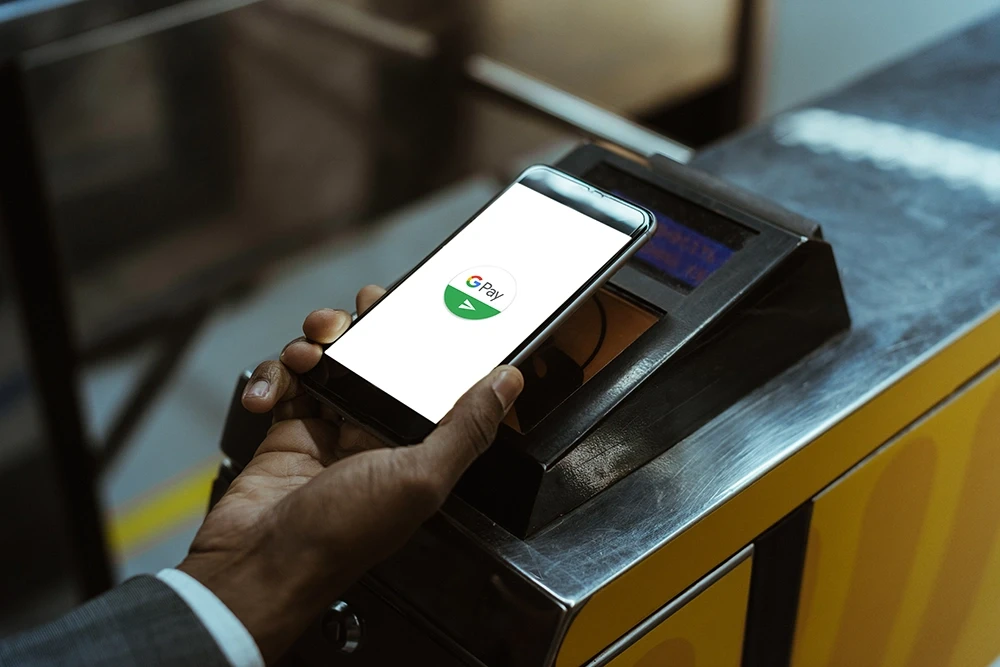Credit cards are one of the most important financial tools to help you manage your finances. However, they come with different new concepts, such as unbilled amounts. So, what is an unbilled amount on a credit card?
What is Unbilled Amount in Credit Card
In simple terms, the unbilled amount on a credit card represents the sum of all transactions made since your last billing cycle and before the start of the next one. These expenses haven’t been included in your current credit card statement yet, which is why they’re referred to as unbilled.
Understanding Credit Card Transactions
Credit card transactions fall into two main categories: billed and unbilled.
Billed transactions refer to those made during your last billing cycle and are included in the current statement. You need to pay for these by the due date. Unbilled transactions are those made after the last billing cycle ended but before the new one starts. They will show up in your next statement.
What is the Difference Between Unbilled Amount and Outstanding Amount?
The terms unbilled amount and outstanding amount refer to different stages in the billing process. An unbilled amount represents costs or revenues that have been incurred but have yet to be invoiced. For instance, if a company has provided a service or delivered goods but has yet to issue an invoice for these, the value of these services or goods is classified as an unbilled amount. This figure reflects the work done or goods delivered, waiting to be formally requested for payment.
On the other hand, an outstanding amount refers to the total sum of money that remains unpaid after an invoice has already been issued. This amount includes overdue payments that are past the due date and still need to be settled by the client or customer. It is the portion of the invoice that has not been paid yet. While unbilled amounts pertain to pending invoices, outstanding amounts deal with collections after invoices are sent out.
What Are the Misconceptions About Unbilled Amounts?
Although the unbilled amount holds significance, there are ways to enhance its management.
Here’s a clearer picture of what an unbilled transaction on a credit card is and how it operates:
- Myth: Unbilled amounts accrue interest.
- Truth: Unbilled amounts do not generate interest. Interest only applies once these amounts are included in your billed total and if they remain unpaid by the due date.
- Myth: Unbilled amounts do not affect your borrowing limit.
- Truth: Unbilled amounts do impact your borrowing limit and will reduce the available credit you have.
How to Check Credit Card Unbilled Amount?
Checking the unbilled amount on your credit card is important to avoid accumulating debt. But how to check it? Here are the different ways in which you can do so:
-
Netbanking
Access your credit card issuer's online banking portal or mobile app. Once logged in, navigate to the section dedicated to credit card management. Here, you'll find details about your current balance, recent transactions, and the unbilled amount. This method provides a real-time view of your spending and helps you stay updated on unbilled charges.
-
Text Message Alerts
Many credit card companies offer SMS alerts for transactions. If you've opted in for these notifications, check your text messages for updates on your spending. These alerts can give you a snapshot of recent transactions and help you track your unbilled amount more closely.
-
Customer Service
Reach out to your credit card issuer’s customer service team. By calling or using live chat services, you can request information about your unbilled amount and recent charges. Customer service representatives can provide detailed insights and answer any questions you have about your account activity.
-
ATM
Visit an ATM that offers credit card services. Some ATMs allow you to check your credit card balance, including the amount of unbilled transactions. While not as detailed as online or app-based methods, this can give you a quick overview of your spending if you need immediate information.
-
Credit Card Statements
Review your latest credit card statement, which you can receive electronically or by mail. This statement often includes a summary of your spending up to the billing date and may show an estimate of the unbilled amount. By examining your statement, you can get an overview of your recent transactions and see how they contribute to your unbilled balance.
-
Banking App
If you have a banking app linked to your credit card account, use it to track your spending. Many banking apps allow you to view and manage your credit card transactions and balances, including unbilled amounts. This method integrates your credit card information with your overall banking overview, providing a convenient way to stay updated.
What Happens If You Don’t Pay the Unbilled Amount on Your Credit Cards?
Neglecting to settle the unpaid balance on your credit cards can have serious repercussions.
- Initially, failing to pay will cause your outstanding balance to grow due to accruing interest, making it increasingly difficult to manage and pay off the debt.
- Additionally, missing payments will harm your credit score, potentially impacting your future financial prospects, including difficulties in obtaining loans or securing favourable interest rates.
- Furthermore, persistent non-payment might lead your credit card issuer to pursue legal action, which could negatively affect your credit report and financial standing.
FAQs
-
Do I need to pay the unbilled amount?
You don’t need to pay the unbilled amount right away; it only becomes due once it shows up on your credit card statement.
-
What happens if I pay the unbilled amount on a credit card?
Paying the unbilled amount on your credit card can reduce your upcoming statement balance, though it's not typical since this amount isn’t yet due.
-
When does the unbilled amount get charged to the next billing cycle?
The unbilled amount will be added to your next billing cycle once your current cycle concludes and the new one starts.
-
Are there any penalties for not paying the unbilled amount on time?
No, there are no penalties for not paying the unbilled amount on time, as it isn't considered due until it appears on your statement.
-
Can I set up notifications or alerts for changes in the unbilled amount?
Yes, many credit card companies offer the option to set up notifications or alerts for any changes to your unbilled balance.
-
What transactions contribute to the unbilled amount?
New transactions on your credit card—whether they are purchases, cash advances, or fees from the issuer—will all add to your unbilled balance.












